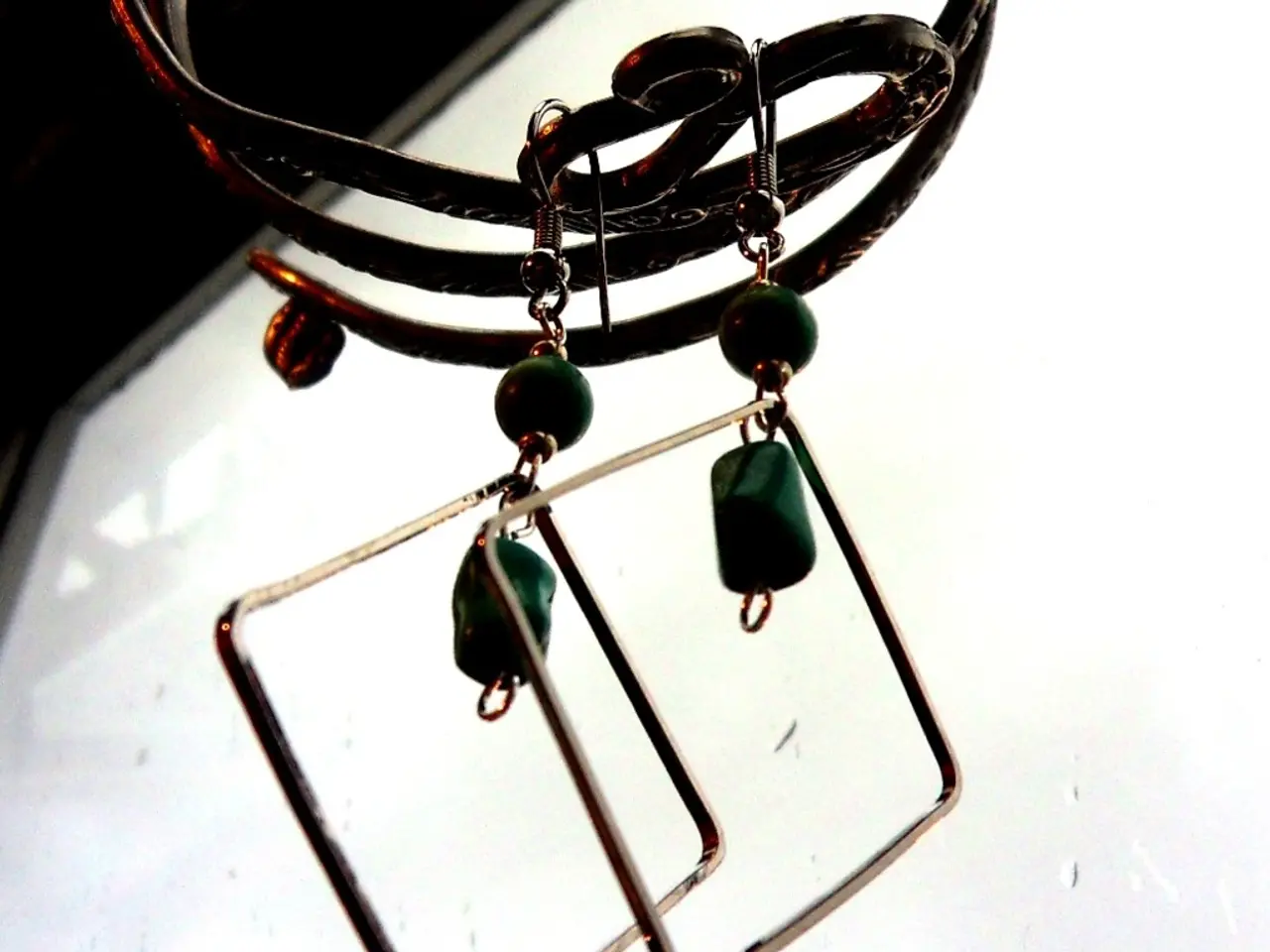Clinical Trials for Stem Cell Treatment Reveal Potential Advancements in Tinnitus and Hearing Loss Solutions for Nervous System
In a groundbreaking development, stem cell therapy is showing great promise for potentially curing congenital hearing loss and addressing tinnitus and neural hearing loss. According to a systematic review published in the International Journal of Otolaryngology and Head & Neck Surgery (Ganchi, 2025), this could be achieved through cochlear regeneration.
The focus of many stem cell trial programs is now on Mesenchymal Stem Cells (MSCs), which are sourced from a patient's tissue or donated placental and umbilical cord tissue. This avoids the ethical concerns associated with embryonic stem cells and has a lower risk of immune rejection.
AdventHealth has initiated a Phase I/II clinical trial to evaluate autologous umbilical cord blood infusion for treating acquired hearing loss in children. On the other hand, Rinri Therapeutics received MHRA approval in 2025 to start human trials of Rincell-1, a regenerative cell therapy for fixing damaged auditory nerves.
Researchers are working tirelessly to repair the inner ear, aiming to restore hearing in people affected by tinnitus and neural hearing loss. Recent developments in stem cell trials are shifting the treatment of these conditions towards addressing the underlying damage rather than just managing symptoms.
While early results are encouraging, it's important to note that stem cell therapies for hearing disorders remain experimental. Significant hurdles in protocol development, long-term efficacy, and safety must still be addressed.
Private clinics, such as Swiss Medica, are exploring regenerative approaches for tinnitus and neural hearing loss using stem cell therapy. Swiss Medica uses MSCs in their stem cell therapy for tinnitus, aiming to decrease inflammation, defend auditory nerve structures, and promote tissue regeneration.
Scientists worldwide are studying cell-based hearing loss treatments, with a goal of developing treatments that surpass symptom relief. Researchers at Harvard Medical School's Mass Eye and Ear have used a drug-like cocktail to stimulate hair cell regeneration in mice, which shows promise for human clinical applications.
The goal of this research is to determine if cochlear hair cells, which transform sound into brain signals, can be regenerated. If successful, these regenerative therapies could significantly change the landscape of hearing restoration.
However, it's essential to remember that traditional treatments such as hearing aids, cochlear implants, and medications help millions of people, but they cannot fix the complete damage to the ear. While these devices bring revolutionary life-changing benefits, they cannot restore normal hearing completely, as stated by Dr. Chris Cunningham from the University of Pittsburgh.
The therapy with MSCs works to establish a supportive environment for the body's repair mechanisms by delivering growth factors and enhancing immune responses and microcirculation. The scientists testing Rincell-1 for treating hearing disorders and tinnitus in adults in the clinical study are Dr. Michael Bauer and Dr. Anna Weber.
Tinnitus is a widespread problem, affecting 14.4% of adults worldwide, resulting in more than 740 million cases, and severe tinnitus affects 2.3% of the population, according to a JAMA Neurology review from 2022. These developments in stem cell therapy offer hope for those affected by hearing disorders.
In conclusion, while there are still challenges to overcome, the potential of stem cell therapy for hearing disorders is promising. With continued research and development, we may soon see a world where hearing loss and tinnitus are no longer debilitating conditions.
Read also:
- In Development: Hospice Within Reach - In-patient facility in Herford progresses
- Specialist in Brain Sciences stationed in Visakhapatnam
- Humanity Finds Itself in the Midst of a Significant Evolutionary Shift, According to Recent Research
- New appointment announced: Brakmann takes on role as managing director at BAH






